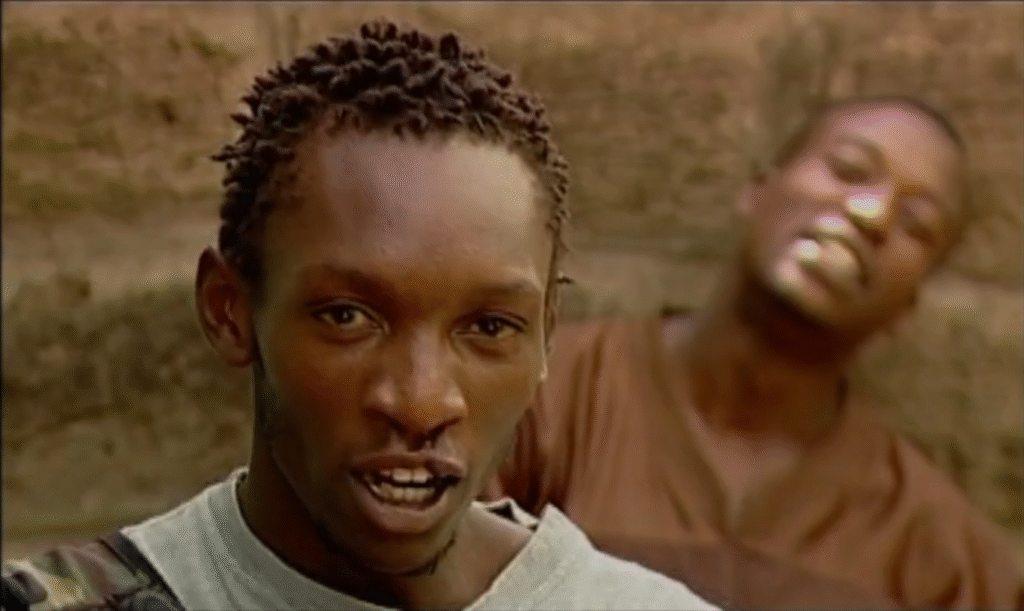In 2003, the Kenyan rap duo Mashifta released the track “System ya Majambazi,” using razor-sharp lyricism to critique how every stratum of society—from pastors and politicians to lawyers and parents—had become complicit in a corruption so pervasive it could only be described as a “system of thugs” (Timmons, 2018; Haugerud et al., 2024). The title itself combines Swahili and Sheng to equate the structures of power with outright banditry, reflecting the group’s roots in Dandora, a Nairobi estate known both for its vibrant hip-hop scene and its struggles with crime and poverty (Timmons, 2018).

Mashifta—comprising Kitu Sewer and the late G-Wiji—chose their name, which literally means “bandits,” as an emblem of their anti-establishment stance. Emerging alongside pioneering acts such as Kalamashaka and Ukoo Flani Mau Mau, they helped forge a distinctly Kenyan form of gangsta rap in the late 1990s and early 2000s. Their work spoke directly to the frustrations of urban youth who saw little distinction between street gangs and the political elites whose decisions devastated the poor (Haugerud et al., 2024).
The song’s lyrics spare no one: “Pastors—majambazi! Ministers—majambazi! Lawyers—majambazi! Even us youth in the ghetto—majambazi! Police and parents—majambazi!” (Timmons, 2018). By refusing to exempt themselves from the indictment, Mashifta highlighted a collective responsibility for the failures of post-colonial governance. This inclusive critique challenged the notion that corruption was confined to ivory-tower figures, instead portraying it as a social malaise that infiltrated everyday life.

Nearly fifteen years after its release, “System ya Majambazi” experienced a resurgence as a rallying cry against later corruption scandals, notably in the wake of the 2016 “Healthgate” revelations. Critics and citizens alike revived the phrase as a Twitter hashtag, and mainstream media outlets used the song as a soundtrack for exposés on misappropriated funds (Haugerud et al., 2024). Its enduring relevance underscores how art can both diagnose and sustain public dialogue about systemic injustice.
Even today, “System ya Majambazi” stands as a landmark in Kenyan music history, illustrating the power of hip-hop to fuse social commentary with cultural expression. By framing corruption as a pervasive system rather than isolated acts of malfeasance, Mashifta offered a vocabulary for collective outrage that continues to resonate with generations seeking accountability and reform (Haugerud et al., 2024).
References
Haugerud, A., Ference, M., & Mahoney, D. J. (2024). Satire, social media and cultures of resistance. Rutgers University Press.
Timmons, G. (2018). Hip-hop life and livelihood in Nairobi, Kenya [PDF]. University of Florida Digital Collections.

